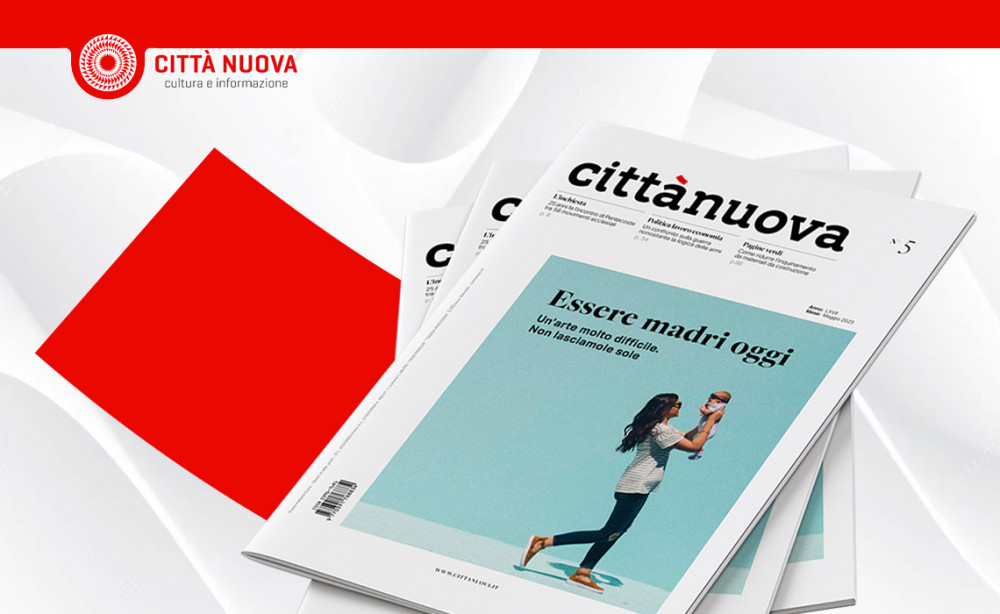Columns - Beyond the market
by Luigino Bruni
published in pdf Città Nuova n.12/2016 (104 KB) November 2016 issue
 It is not easy to understand what is really happening in the growing phenomenon of the so-called sharing economy. Also because some very different experiences, sometimes too many are incorporated in this expression.
It is not easy to understand what is really happening in the growing phenomenon of the so-called sharing economy. Also because some very different experiences, sometimes too many are incorporated in this expression.
First of all a premise. For those who watch the development process of market economy from a long-term perspective, today's sharing economy is a step that's consistent with the evolution of the relationship between market and society. From the beginnings, the market has grown in synergy with the social sphere. A thousand years ago, in Italy, the beginnings of a market with two operations appeared: we took pieces of communal life that had been governed by community rules and instruments until then and we put them under the control of money. After that we invented new relationships that were born thanks to the new economic and monetary instruments. So, instead of continuing to spin the clothes for self-consumption in the family or clan, we started to sell and purchase them in the square. And we met people and peoples hitherto unknown or even enemies, thanks to the silk and spice trade. The Silk Road was a great way of sharing that connected merchants and distant civilizations for many centuries. Market economy has always lived in this interweaving of social relations and contracts, economic and relational goods, money and gratuitousness. Over the past two centuries, the social spaces intertwined with the markets have grown a lot, and today there are very few places not reached by the monetary exchange. The market grows more and more by giving a price to activities that until then were done for free, and by inventing ever new mutually beneficial relationships to respond to our needs and desires.
It is within this long journey of the West, and especially Europe that we should interpret what is happening today in the 'sharing economy planet'. If we want to try and give a substantial definition of sharing economy, we could call by this name those activities where the following three features are found, in different measures: a) the market coexists with some dimension of gratuitousness (of time, energy, money); b) the contracts are intertwined with relational goods; c) the exchange arises from an explicit and intentional mutual benefit. The novelty lies in keeping these three dimensions together, because experience with one or two of the listed characteristics has always existed. If we look at the concrete experiences, the first dimension (a) is the most difficult to find in practice, because when the market embraces gratuitousness it tends to do it unexpectedly and by surprise, but not always and not necessarily.
On the whole, we must be very happy with the development of sharing economy, which is increasing the opportunities for interaction and reciprocity in our time, increasing the biodiversity of economic and civil forms of society.
There are, however, some hardly visible side effects produced by the development of the growth of sharing economy. Consider, for another example, the so-called 'home restaurants', those families who invite strangers to dinner at lower prices than the restaurants. If this phenomenon keeps growing, the day will come when no one will invite you to dinner unless you leave at least a small donation. And those who do not have the economic means will increasingly be forced to stay at home. Obviously these phenomena become socially revealing when they go beyond 'a critical point'. But, unfortunately, the critical points are passed almost always in an unnoticed way, and once passed they remain behind us and we no longer see them. And we may soon find ourselves in a world where a friend will ask us 20 Euros to listen to us for an hour, giving us a 50% discount compared to the price in the newly formed market of listening to others. And we will have forgotten the ancient truth that listening to a friend has an infinite value precisely because it has no price, because it is priceless.







